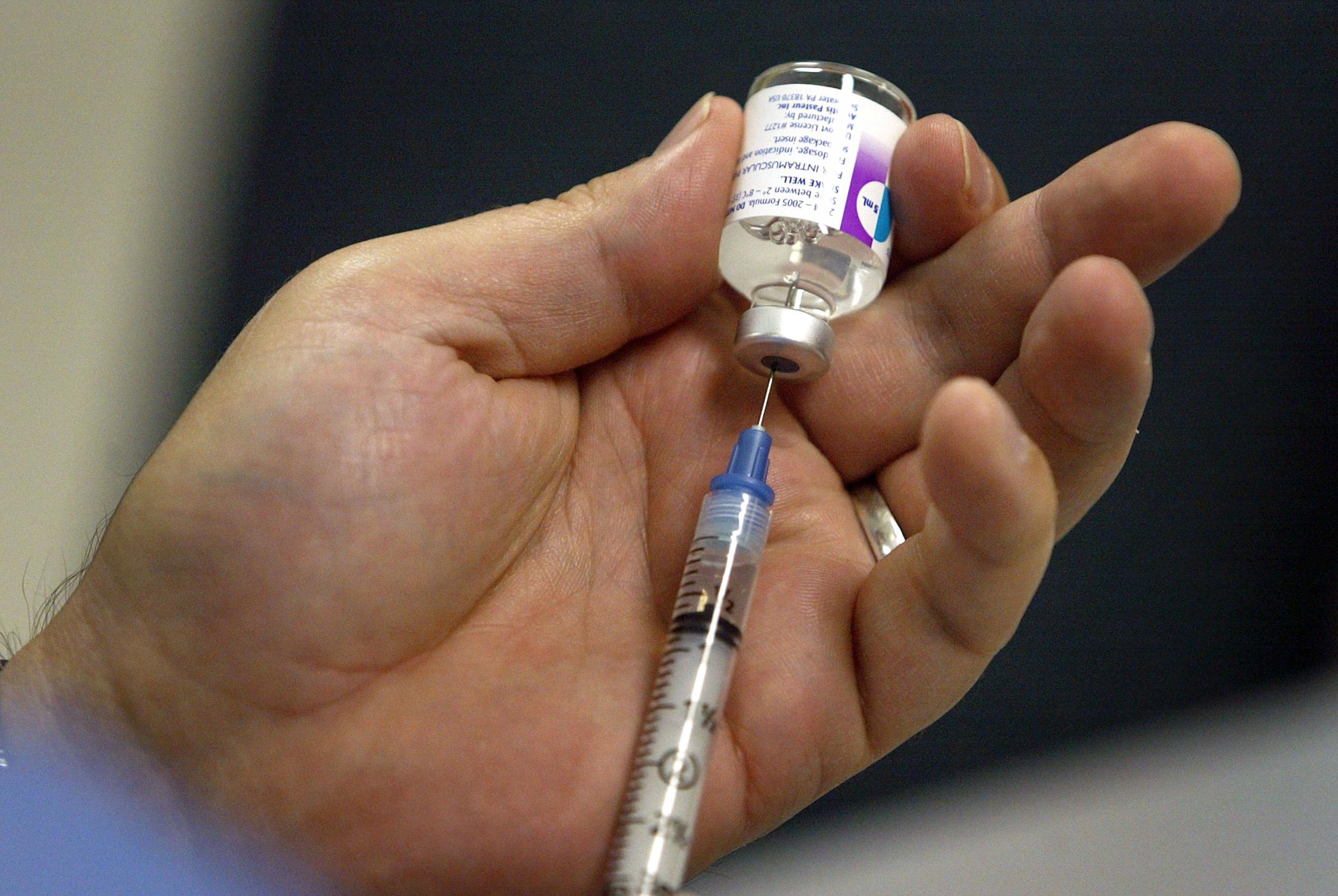Your support helps us to tell the story
From reproductive rights to climate change to Big Tech, The Independent is on the ground when the story is developing. Whether it's investigating the financials of Elon Musk's pro-Trump PAC or producing our latest documentary, 'The A Word', which shines a light on the American women fighting for reproductive rights, we know how important it is to parse out the facts from the messaging.
At such a critical moment in US history, we need reporters on the ground. Your donation allows us to keep sending journalists to speak to both sides of the story.
The Independent is trusted by Americans across the entire political spectrum. And unlike many other quality news outlets, we choose not to lock Americans out of our reporting and analysis with paywalls. We believe quality journalism should be available to everyone, paid for by those who can afford it.
Your support makes all the difference.Britain faces having to wait longer and pay more for a future coronavirus vaccine because of Brexit, health experts have warned.
Writing in the Observer newspaper health academics and lawyers said Britain's exit from the European Medicines Agency (EMA) would have a negative impact on making the treatment available.
The EMA has procedures allowing for the "accelerated assessment" of products developed by drug companies during a pandemic.
Additionally, the UK has already left the EU's emergency bulk-buying mechanism for vaccines and medicines, under which member states speed up their access to the latest products during crises by making large collective orders from pharmaceutical companies.
The authors of the article include Martin McKee of the London School of Hygiene and Tropical Medicine, as well as legal academics Anniek de Ruijter of Amsterdam Law School and Mark Flear of Queens University, Belfast.
“For all these reasons... the UK is likely to have to join the queue for access with other countries outside the EU, and to pay more than it would otherwise as an EU member state," the academics say.
“Looking further ahead, this problem will not be limited to emergencies and the UK can expect slower and more limited access to medicines, especially those for rare conditions or those used to treat children, where the market is small.”
The UK could stay aligned to the EMA's system from outside the bloc but Boris Johnson has indicated that he has no intention of doing so, arguing that it would make the UK a rule-taker.
Before Brexit the EMA was based in London, but it has since been relocated to Amsterdam, which won a competition to replace the UK capital as its host.
A Department of Health and Social Care spokesperson said: “The UK and our friends and partners across Europe are part of a concerted international effort to combat the threat of COVID-19. We are confident that our current close working relationships will continue as we ready ourselves for all eventualities.
"We’re fully supporting the UK’s world-leading, disease research sector to play a key role in the global effort, with £40 million of new funding for rapid research into the virus.”

Join our commenting forum
Join thought-provoking conversations, follow other Independent readers and see their replies
Comments